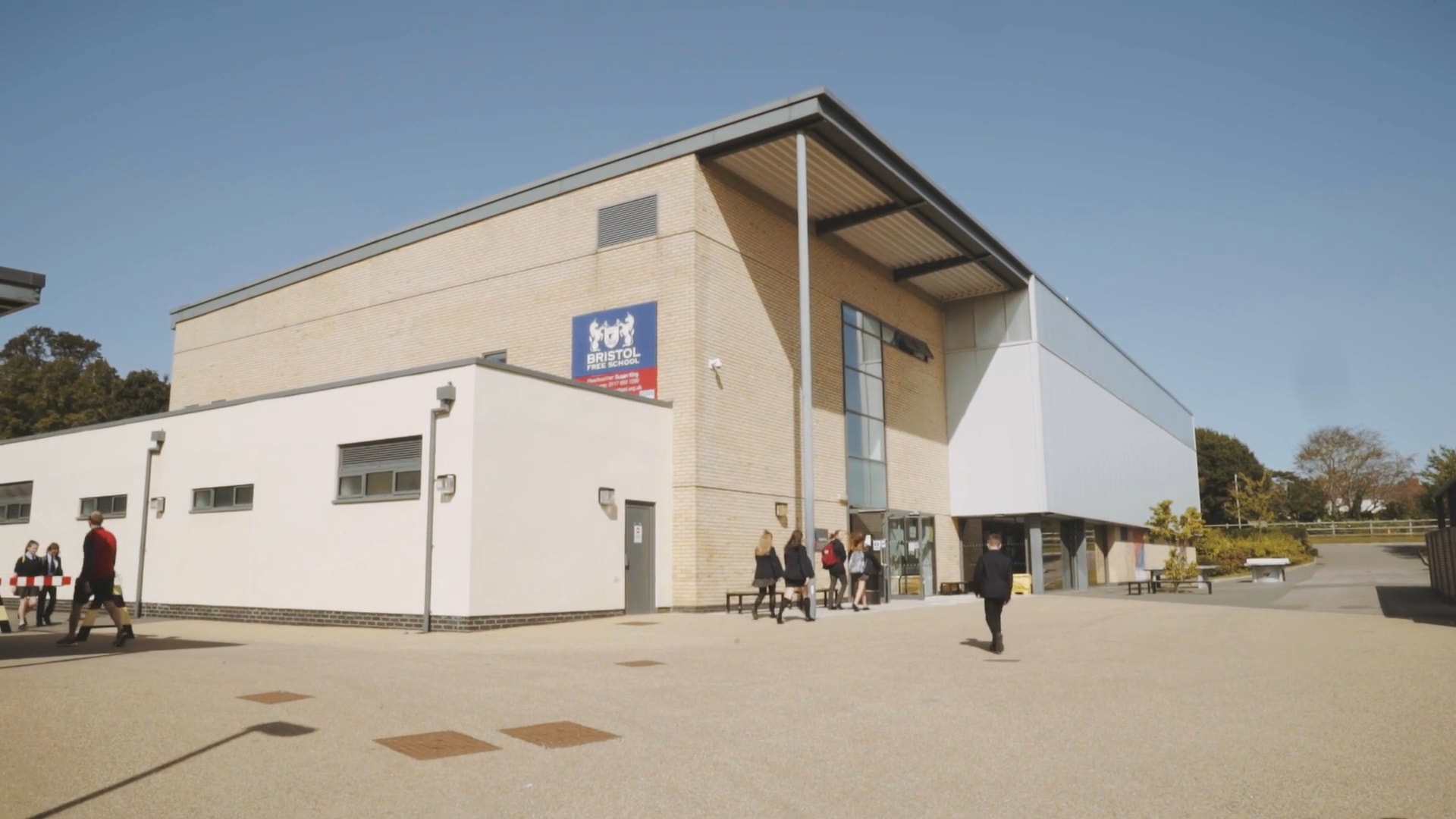
In this unit students will learn what an algorithm is and be able to create algorithms to solve specific problems using sequence, selection and iteration. Students will learn how to express algorithms using flow diagrams and pseudocode, using suitable variables and arithmetic, relational and Boolean operators. They will also be able to analyse, assess and compare different algorithms for given scenarios.
Students will sit a written End of Unit assessment and complete a programming challenge including a written report. This topic is part of Unit 2. Unit 2 is 40% of the whole qualification and is a 1 hour 30 minute written examination.
In this unit, students will learn what is meant by iteration and be able to explain the difference between definite and indefinite iteration. Students will learn about different types of loops (for while, do....until, nested) and how to use when designing algorithms and implement them into programs.
Students will sit a written End of Unit assessment and complete a programming challenge including a written report. This topic is part of Unit 2. Unit 2 is 40% of the whole qualification and is a 1 hour 30 minute written examination.
In this topic, students will learn about a form of algebra called Boolean logic where all values are either True of False. These values are then used to test the conditions that selection and iteration are based around. Students will learn the binary logic of logic gate (AND, OR, NOT) and transistors in a computer systems and learn how to use algebra and truth tables to describe logical expressions.
Students will sit a written End of Unit assessment and complete a programming challenge including a written report. This topic is part of Unit 2. Unit 2 is 40% of the whole qualification and is a 1 hour 30 minute written examination.
In this unit, students will learn about common data types and be able to use the correct data type in algorithms and programs they have produced. Students will learn how to carry out various manipulations to data such as finding the length, slicing and concatenation. Students will be able to create and work with simple array data structures and two dimensional arrays.
Students will sit a written End of Unit assessment and complete a programming challenge including a written report. This topic is part of Unit 2. Unit 2 is 40% of the whole qualification and is a 1 hour 30 minute written examination.
In this unit, students will learn about different searching and sorting algorithms such as linear and binary search and bubble, insertion and merge sort. Students will be able to use these algorithms to sort lists and search data
Students will sit a written End of Unit assessment. This topic is part of Unit 2. Unit 2 is 40% of the whole qualification and is a 1 hour 30 minute written examination.
In this unit, students will learn about why user input is needed and how data can be validated. Students will understand how to format output appropriately and be able to work with external text files.
Students will sit a written End of Unit assessment and complete a programming challenge including a written report. This topic is part of Unit 2. Unit 2 is 40% of the whole qualification and is a 1 hour 30 minute written examination.
In this unit, students will learn, in more depth, what is meant by computational thinking and be able to explain what is meant by decomposition and abstraction and implement this knowledge into programs they write. Students will gain a greater understanding of systems development cycles to analyse, design and implement solutions and test the outcomes. This unit will also develop understanding about developing robust programs and defensive design.
Students will sit a written End of Unit assessment. This topic is part of Unit 2. Unit 2 is 40% of the whole qualification and is a 1 hour 30 minute written examination.